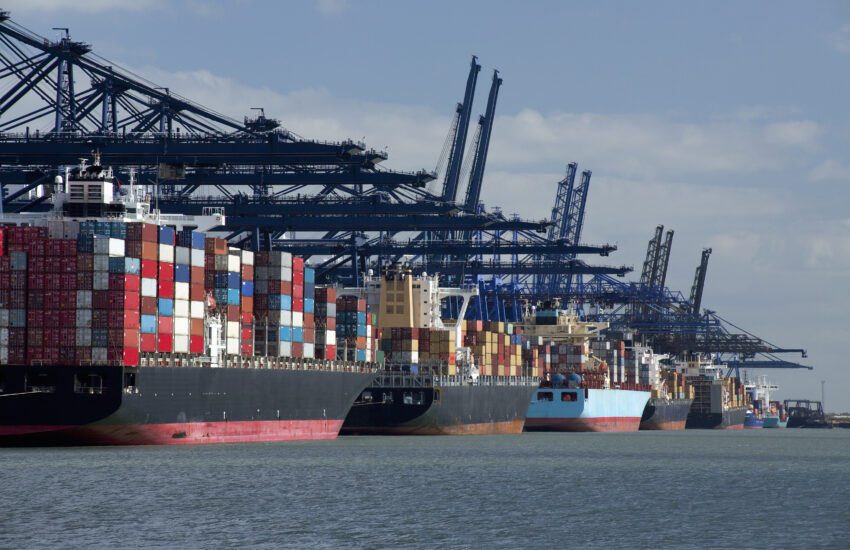Member states of the International Maritime Organization (IMO) voted on Oct. 17 to delay the adoption of a comprehensive plan to decarbonize the global shipping industry. The decision came in response to threats of sanctions from the United States, which warned of tariffs, visa restrictions, and port levies against countries supporting the measure.
The IMO has been laying the foundation for climate action in shipping for years. In 2023, it adopted a revised Greenhouse Gas Strategy, setting a goal to reduce net emissions from international shipping by 20 percent by 2030, and to achieve net-zero greenhouse gas emissions by around 2050. Building on this, in April 2025, the IMO approved draft amendments to MARPOL Annex VI, introducing a new Chapter 5 that would establish the Net Zero Framework (NZF).
During the October extraordinary session of the Marine Environment Protection Committee, member states were expected to vote on formally adopting the NZF. However, President Trump publicly urged members to reject the proposal, threatening punitive measures against supporting nations. In response, Saudi Arabia moved to adjourn the session until October 2026, and several countries that previously backed the framework either abstained or reversed their positions. Notably, Greece and Cyprus, both EU members with major shipping fleets, abstained. China, the world’s largest shipbuilder, shifted from supporting the framework in April to voting for the delay.
If adopted, the NZF would have marked a historic milestone by introducing the first global carbon pricing system for maritime transport. It proposed a tiered fee structure based on greenhouse gas emissions: ships failing to meet the baseline target would incur a higher fee of $380 per metric ton of CO₂-equivalent, while those exceeding the compliance threshold would pay a reduced fee of $100 per metric tonne.
Vessels adopting cleaner technologies and fuels would be eligible for financial incentives, encouraging innovation and early adoption. The NZF would apply to oceangoing vessels over 5,000 gross tonnage, which are responsible for 85 percent of global shipping emissions. If formally adopted in 2026, the framework would take effect 16 months later in early 2028, under the IMO’s tacit acceptance procedure.

